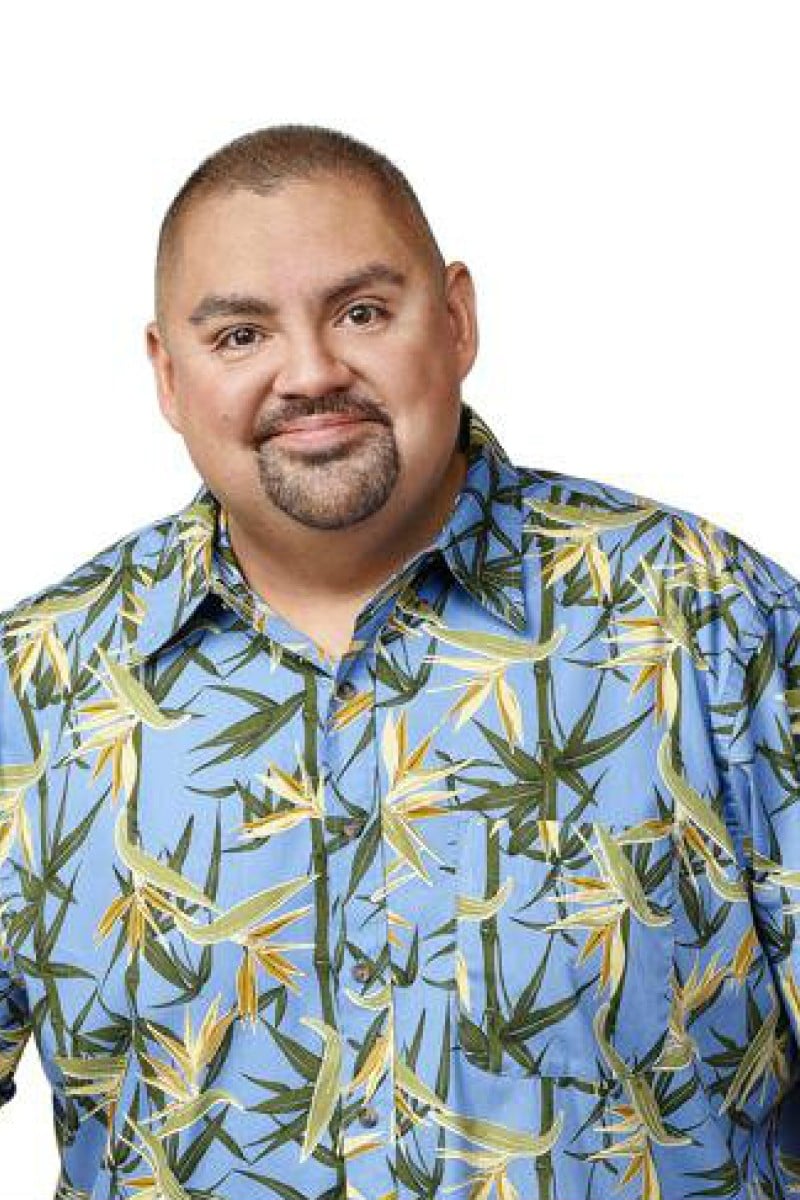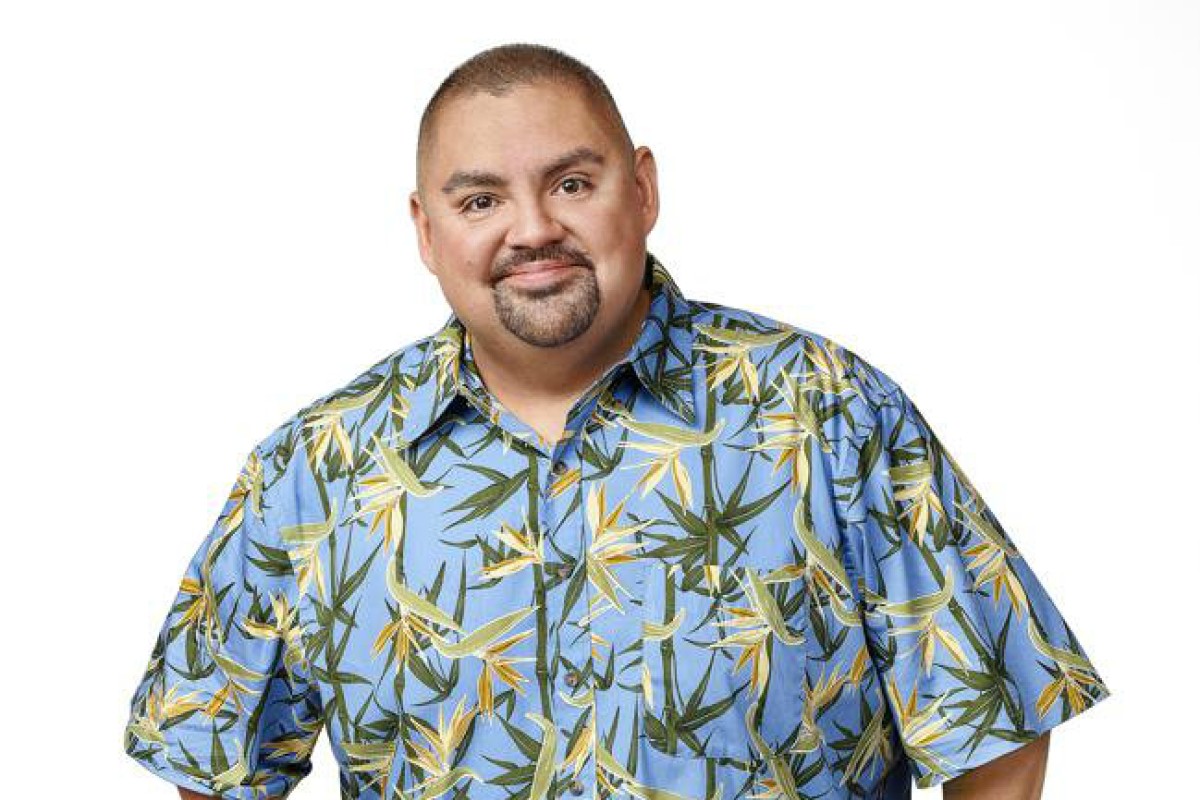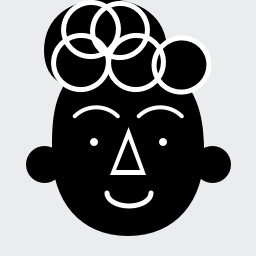
Gabriel Iglesias, aka Fluffy, on his "I made it" moment and why you should finish school
The US funnyman turned his tough childhood into a career making people laugh. Young Post meets a born survivor
 Gabriel Iglesias learned to embrace his fluffiness.
Gabriel Iglesias learned to embrace his fluffiness.Being seriously overweight is not funny, however much the bullies like to laugh. At his heaviest, comedian Gabriel Iglesias, aka Fluffy, weighed 202 kilograms. His doctor said he only had two more years to live. With a lot of tough work, Iglesias managed to shed 45kg and regain a healthy lifestyle. The experience inspired him to make the television show Fluffy Breaks Even, where he travels around places to try out the local food and then work out to balance his calorie intake.
Ahead of his June 8 live show at the AsiaWorld-Expo, Young Post caught up with the comedian to talk about humour, performing, and working with Channing Tatum on Magic Mike.
How did you come up with the nickname Fluffy and when did you start using it?
My mom nicknamed me Fluffy. She told me that I wasn’t fat, I was Fluffy. I never “started” using it. I started talking about it in my stand up and people started calling me “Fluffy” – at first I didn’t like it. What grown man would want to be called “Fluffy?” Then, as it caught on, I just had to embrace it and it became synonymous with my name. When you google “Fluffy” I come up first.
Tell us about the weirdest restaurant and work out session you’ve experienced in your TV show Fluffy Breaks Even.
In Las Vegas, the “Heart Attack Grill” – where they hit you with a paddle if you don’t eat all your food ... that was a weird experience. I did not get hit, but I saw [it happen] and it was not pretty.
How did you develop humour from your difficult childhood? When did you want to have a career in comedy?
I always tried to make my mom and friends laugh through the tough times. The first time I got a good laugh was at a school talent show, I must have been around 10-12 years old and I did impressions of Mickey Mouse and Marvin the Martian. When I found that would make people laugh I kept doing it. Humour has a great way of diffusing any situation. I watched Eddie Murphy’s stand up special Raw – it was the first time that I thought to myself, “This is what I want to do!”
When you are on stage, how do you feel about your audience? What do you expect from them? How do feel when you’re performing?
I feel like my audience paid money, maybe got a sitter and made a plan to come and see me, so I feel glad that they are there. I expect them to hopefully enjoy the show. When I am on stage, I feel at home.
How do you decide on the topics of every one of your shows? Do you need to do a lot of preparation beforehand?
When I am on tour, most of the shows go the same way. I work on a set that I tour for a year or so, then I put that set into a special. Once the special is done, I work on a new set. Immediately before the show, I sleep as much as much as possible until I go on stage.
Congratulations on headlining at Madison Square Garden in New York! How does performing for a large audience compare with more intimate shows?
Thanks. Performing at Madison Square Garden was one of those times where I thought, “I made it.” Large audiences can feel a little more distant, but are still fun. I feel like a rock star, but you feel a little more pressure to make sure everything goes just right. When I do a more intimate show, I’m more inclined to try new jokes.
Tell us about your most awkward performance.
The most awkward performance was in Amsterdam. The lights in the venue went out, and for 20 minutes, I was performing in the dark. I literally used the light on my iPhone to be able to see.
How do you think the cultural differences might affect your show in Hong Kong?
There is always a little hesitation and nervousness when I perform somewhere for the first time, because I can never be certain that all of the material will translate. I don’t think it is a problem. I have always been surprised that my material goes over in places like the Middle East, India, Australia, etc. Don’t make me nervous. It’s going to be fine.
Which is more fun for you - live shows or being on film sets?
Live shows, all day. On a film set, you are doing a lot of waiting. Then more waiting. Then an hour of work. More waiting.
How was it to work with Channing Tatum in the two Magic Mike films? Did you get to learn some dance moves from him?
Channing Tatum is very down to earth and a really nice guy. It was great to work with him. I didn’t learn any new dance moves. I’m sticking to the ones I know.
What’s the difference between a comedian and a politician?
Comedians are funny on purpose.
What advice would you have for students who want to be comedians?
First, finish school, so you have a back-up plan. If you want to be a comedian, you need to perform as much as possible. Perform at coffee houses, open mics, anywhere you can get time. Keep doing it.
